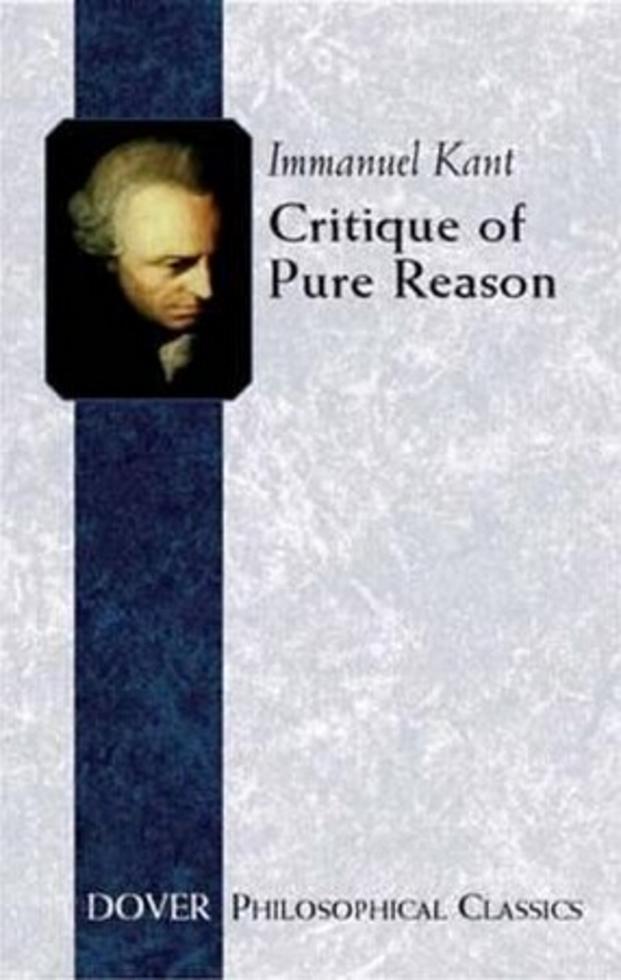{{ _getLangText('m_detailInformation_goodsActivityText') }}
{{ activityObj.name }}
{{ _getLangText('m_detailInformation_goodsActivityText') }}
{{ item.activityName }}
{{ _getLangText('m_detailInformation_goodsActivityBuyButText') }}
{{ _getLangText("m_detailIntroduction_goodsIntroductionText") }}
In his monumental Critique of Pure Reason, German philosopher Immanuel Kant (1724-1804) argues that human knowledge is limited by the capacity for perception. He attempts a logical designation of two varieties of knowledge: a posteriori, the knowledge acquired through experience; and a priori, knowledge not derived through experience. Kant maintains that the most practical forms of human knowledge employ the a priori judgments that are possible only when the mind determines the conditions of its own experience. This accurate translation by J. M. Meiklejohn offers a simple and direct rendering of Kant's work that is suitable for readers at all levels.


{{ _getLangText('m_detailAuthorBookList_titleText') }}
{{ _getLangText('m_asideSeriesBookListBut_moreText') }}>
{{ _getLangText("m_recently_viewed_products_titleText") }}